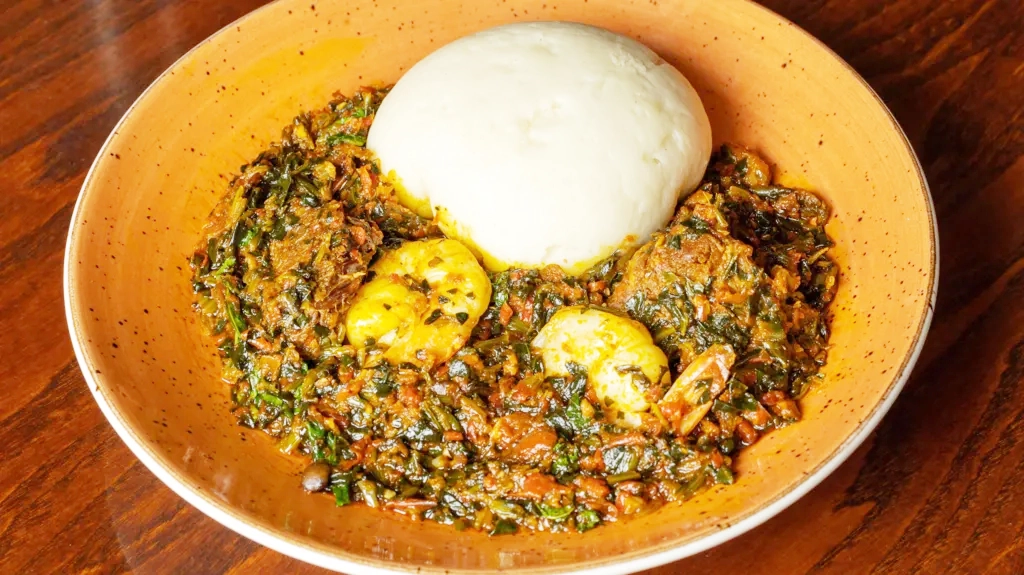Today, October 1st, marks 65 years since Nigeria stepped into sovereignty, ending British colonial rule and beginning its journey as an independent nation. Nigeria Independence Day isn’t just a commemoration of that historic moment—it’s an annual opportunity for Nigerians at home and across the globe to reflect on how far the country has come, celebrate its remarkable diversity, and consider the road ahead.

The dawn of independence: A nation takes shape
Nigeria’s independence wasn’t handed over overnight. It emerged from decades of political activism, gradual reforms, and a determined nationalist movement. The British had ruled northern and southern Nigeria as separate protectorates before merging them in 1914 under indirect colonial administration. Post-World War II reforms slowly opened doors for Nigerian participation in governance, nurturing influential leaders like Nnamdi Azikiwe, Obafemi Awolowo, and Ahmadu Bello. The 1959 federal election set the stage for Prime Minister Abubakar Tafawa Balewa to lead a coalition government into independence.
When midnight arrived on October 1, 1960, history unfolded at Lagos Race Course in a moment heavy with symbolism. The Union Jack came down as Nigeria’s green-white-green flag rose to replace it. Princess Alexandra of Kent, representing Queen Elizabeth II, formally handed over constitutional instruments to Balewa. Nnamdi Azikiwe was sworn in as the nation’s first indigenous Governor-General. The transition was complete—colonial rule had ended, and Nigeria’s journey as a self-governing federation had begun. In his address, Prime Minister Balewa called for unity, loyalty, and commitment to democratic ideals—a vision that continues to guide Nigeria’s aspirations today.
Understanding Nigeria: A nation of remarkable diversity
To truly appreciate what Nigeria Independence Day represents, it helps to understand the nation itself. With over 230 million people, Nigeria is Africa’s most populous country and the world’s sixth largest by population. Geographically, it’s just as diverse—stretching from the arid Sahel region in the north to the tropical coastal plains along the Gulf of Guinea in the south.
Nigeria operates as a federal republic with 36 states plus the Federal Capital Territory, home to Abuja, the modern capital. Lagos, though no longer the capital, remains Africa’s largest and most economically dynamic city. The country’s cultural tapestry is extraordinarily rich, with hundreds of ethnic groups and languages. The dominant groups—Hausa in the north, Yoruba in the west, and Igbo in the southeast—represent just a fraction of this diversity. English serves as the official language, providing a common thread across this vibrant mosaic.


Nigeria’s cultural heritage runs deep. Ancient civilizations like the Nok culture date back to 1500 BC, while historical kingdoms such as the Oyo Empire, Benin Kingdom, and Sokoto Caliphate left lasting legacies. Today, these historical treasures exist alongside Nigeria’s contemporary contributions to African art, music, and literature, creating a cultural landscape that’s both ancient and thoroughly modern.
Economic realities: Potential meets challenge
Fast forward to 2025, and Nigeria stands as Africa’s economic heavyweight, with a GDP estimated at around $2.6 trillion in purchasing power parity terms—the continent’s largest. The economy is more diversified than many realize, extending well beyond its petroleum and natural gas exports to include agriculture, telecommunications, and a rapidly growing tech sector.
But the picture isn’t entirely rosy. Major reforms launched in 2023—including the removal of petrol subsidies and liberalization of foreign exchange markets—have brought significant growing pains. Rising inflation, currency devaluation, and a persistent cost-of-living crisis have affected much of the population, tempering hopes for quick economic transformation despite steady GDP growth rates around 4.2% year-on-year in early 2025.
Structural challenges persist: insufficient power supply, infrastructure deficits, and uneven wealth distribution continue to complicate Nigeria’s development agenda. Yet the country remains a land of considerable opportunity. A youthful population, vibrant entrepreneurial spirit, and substantial natural resources provide a foundation that—with good governance and strategic investment—could translate into sustainable, broad-based prosperity.
Celebrating 65 years: Tradition meets reflection
Nigeria Independence Day remains one of the nation’s most significant occasions, marked by official ceremonies, parades, cultural festivals, and public gatherings nationwide. Traditionally, the President delivers a national address reflecting on Nigeria’s progress, acknowledging its challenges, and articulating aspirations for the future. Military parades showcasing the Nigerian Armed Forces are typically central to the celebrations, accompanied by colorful cultural displays that highlight the country’s ethnic diversity.
This year’s 65th anniversary comes with a notable change: the Federal Government has canceled the traditional Independence Day parade due to unspecified concerns. However, other cultural and official activities remain planned to honor this milestone. Meanwhile, Nigerian communities in diaspora cities—London, New York, Toronto, and beyond—will hold their own festivities, demonstrating the global Nigerian community’s enduring connection to home.
The day carries dual significance. It’s celebratory, certainly—a time to honor the green-white-green flag, enjoy traditional music and dance, and embrace shared national identity. But it’s also deeply reflective, prompting Nigerians to consider the ongoing quest for unity, good governance, and inclusive development that the nation’s founding leaders envisioned six and a half decades ago.
Looking Ahead
As Nigeria marks 65 years of independence tomorrow, the occasion invites both celebration and contemplation. The journey from that historic October night in 1960 to today has been complex—marked by achievements and setbacks, moments of unity and periods of division, economic growth and persistent challenges.
Yet Nigeria’s story continues to unfold, shaped by millions of voices, ambitions, and daily efforts across a nation as diverse as any on Earth. Independence Day serves as a reminder that the work of nation-building, begun 65 years ago, remains an ongoing project—one that requires the dedication, hope, and resilience that brought Nigeria to independence in the first place.






